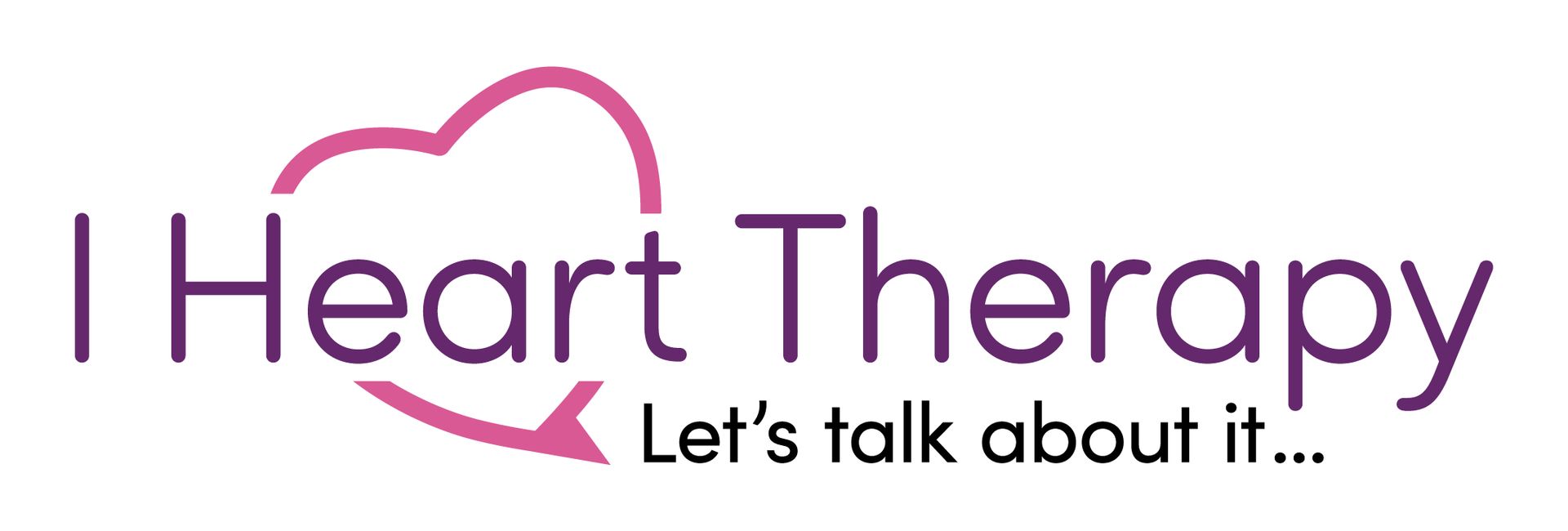The Benefits of Setting Boundaries for Mental Health
In our interconnected world, it can be easy to lose sight of our own needs while trying to meet the demands and expectations of others. Whether in our personal relationships, at work, or even in our self-care routines, setting and maintaining boundaries is essential for safeguarding our mental health. Boundaries help us protect our energy, maintain balance, and ensure that our needs are respected.
This blog will explore the importance of setting boundaries and provide practical tips on how to establish and communicate them effectively. By the end of this article, you’ll have the tools to confidently set boundaries that support your mental well-being and create healthier interactions in all areas of your life.
1. Understanding the Importance of Boundaries
Boundaries are the limits we set to define what is acceptable and unacceptable behavior from others. They are essential for maintaining a sense of self and ensuring that our mental and emotional needs are met.
Key Benefits of Setting Boundaries:
- Protects Mental Health: Boundaries help prevent burnout, stress, and emotional exhaustion by allowing us to prioritize our well-being.
- Fosters Healthy Relationships: Clear boundaries create mutual respect and understanding in relationships, reducing conflicts and misunderstandings.
- Enhances Self-Esteem: Setting and maintaining boundaries reinforces your sense of self-worth, showing that you value your own needs and limits.
Affirmation: "I honor my mental health by setting and respecting my personal boundaries."

2. Establishing Boundaries in Different Areas of Life
Boundaries are important in all aspects of life, including work, relationships, and self-care. Here’s how to establish them in each area:
a. Work Boundaries:
- Set Clear Expectations: Clearly communicate your work hours and availability to colleagues and supervisors. For example, let them know if you are not available after certain hours or on weekends.
- Take Breaks: Ensure that you take regular breaks during the workday to recharge. This helps prevent burnout and maintains productivity.
- Delegate Tasks: Don’t hesitate to delegate tasks or ask for help when needed. Recognize when your workload is too much and communicate this to your team.
b. Relationship Boundaries:
- Communicate Needs: Be honest with your loved ones about your needs and limits. For example, if you need alone time to recharge, express this clearly.
- Respect Each Other’s Space: Understand that everyone needs personal space and time. Encourage open communication about each person’s boundaries and respect them.
- Avoid Overcommitment: Learn to say no to social engagements or favors when you’re feeling overwhelmed. It’s important to protect your time and energy.
c. Self-Care Boundaries:
- Prioritize Self-Care: Set aside time for self-care activities, such as exercise, meditation, or hobbies, and treat this time as non-negotiable.
- Limit Screen Time: Set boundaries on your use of digital devices, especially before bed, to protect your mental and physical health.
- Create a Safe Space: Designate a space in your home where you can relax and unwind, free from the demands of daily life.
Affirmation: "I respect my boundaries and prioritize my well-being, knowing that it allows me to be my best self."
3. How to Communicate Boundaries Effectively
Setting boundaries is only half the battle—communicating them effectively is just as important. Here are some tips for doing so:
Key Techniques:
- Be Direct and Clear: Clearly state your boundary without apologizing or over-explaining. For example, "I need time to myself this weekend to recharge, so I won’t be attending any events."
- Use "I" Statements: Frame your boundary as something you need for yourself, rather than as a criticism of the other person. For example, "I feel overwhelmed when I’m contacted outside of work hours. I need to stick to my work schedule to maintain balance."
- Stay Firm and Consistent: Once you’ve set a boundary, stick to it. Consistency reinforces the boundary and helps others understand that it’s important to you.
Affirmation: "I communicate my boundaries clearly and confidently, knowing that they are essential for my well-being."

4. The Role of Boundaries in Mental Health
Setting boundaries is not just about keeping others at bay—it’s a vital practice for maintaining mental health. By setting boundaries, you create a protective space that allows you to thrive emotionally and mentally.
Key Benefits:
- Reduces Anxiety: Boundaries help reduce anxiety by creating clear expectations and limiting the potential for misunderstandings or conflicts.
- Prevents Burnout: By setting limits on how much you take on, boundaries help prevent burnout and ensure you have the energy to care for yourself and others.
- Improves Focus: Boundaries allow you to focus on what truly matters, reducing distractions and helping you maintain a clear mind.
Embrace the Power of Boundaries
Setting and maintaining boundaries is a powerful act of self-care. It’s about respecting yourself enough to say no when needed and prioritizing your mental health above all else. By establishing clear boundaries in your work, relationships, and self-care, you can create a balanced, fulfilling life where your needs are honored and respected.
Remember, boundaries are not barriers—they are bridges to healthier, more respectful relationships with yourself and others. Start setting your boundaries today, and watch how they transform your mental and emotional well-being.
Take Action: Affirmation for Today
"I honor my mental health by setting and respecting my personal boundaries, knowing that they are essential for a balanced and fulfilling life."
Embrace these boundary-setting strategies and start protecting your mental health today. For more insights and tips, stay connected with us on social media!
How To Cultivate Hope



